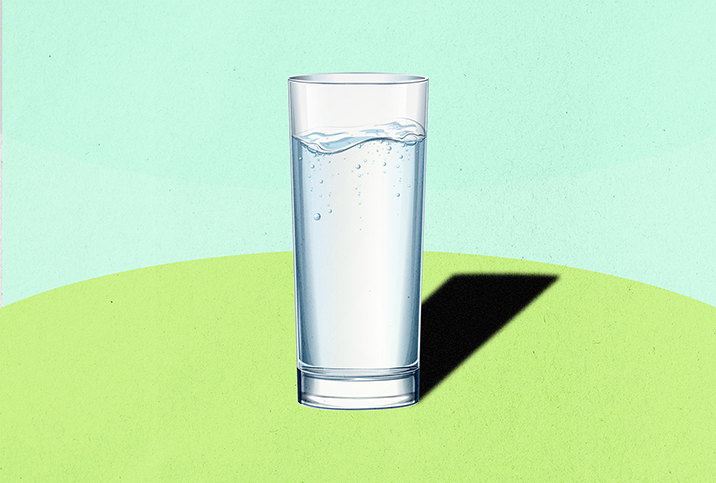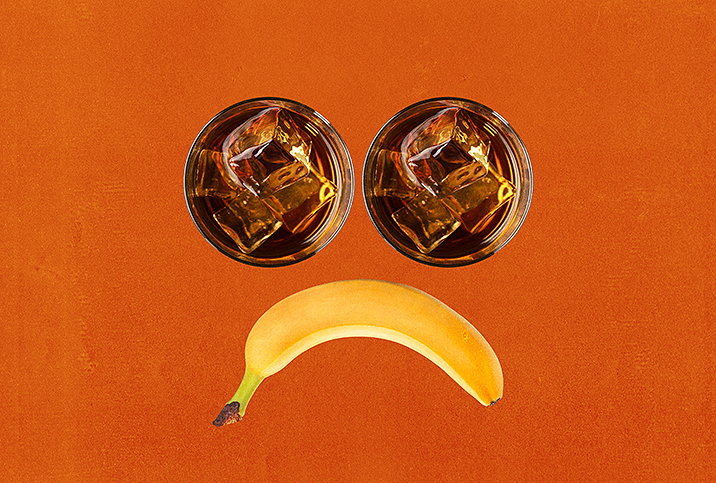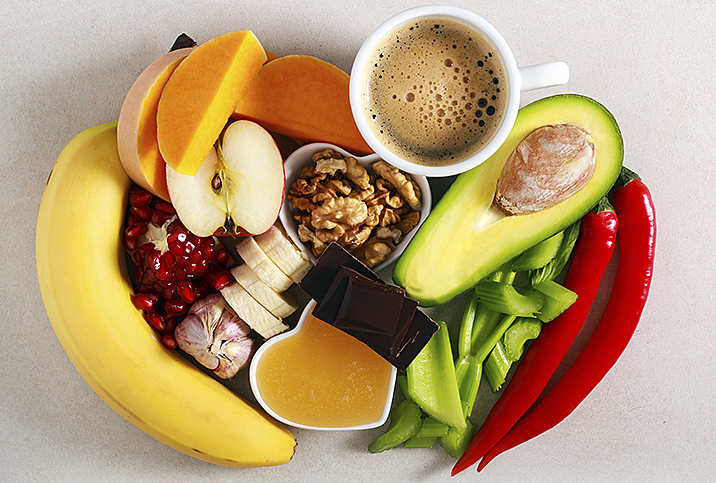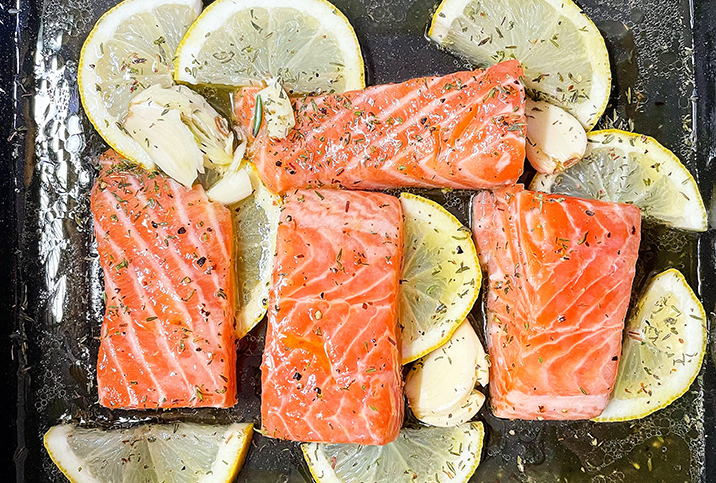Dehydration May Be Far More Common Than You Think

Are you feeling burned out? Do you get headaches? Don't feel like yourself, maybe?
While symptoms should always be investigated by a medical professional, there is one problem you may be able to self-diagnose quite easily: dehydration.
You're not alone. It's estimated that as many as 75 percent of Americans are chronically dehydrated—even if they're drinking eight servings of water each day.
How is this possible? And, if true, how can you possibly combat dehydration?
How much water do you need?
You may have heard you need to drink eight 8-ounce glasses of water per day, but this suggestion is only part of the solution for proper hydration. Adding caffeine, alcohol and sugary drinks in between can deplete your body of fluids. A high-sodium diet impacts your hydration, too.
Michelle Rauch, a registered dietitian and nutritionist at The Actors Fund Home in New Jersey, said the eight-glass rule does not apply to everyone. She suggested adapting the threshold based on your weight. A good rule of thumb is to drink an ounce of water for every two-thirds of your body weight. So, if you weigh 144 pounds, multiply 144 by 2/3 to get 96. That means you would need 96 ounces of water per day or 12 8-ounce glasses of water.
Of course, this is a baseline assuming you're healthy, among other factors. For instance, if you're working in warmer conditions or working up a sweat, you'll need more water and possibly other solutions for dehydration.
A good rule of thumb is to drink an ounce of water for every two-thirds of your body weight.
"Those with prolonged exposure to heat who are working out in the sun for a prolonged period of time, or athletes engaged in a strenuous activity where they are experiencing perspiration, would all benefit from a beverage with electrolytes," Rauch said.
Electrolytes are essential minerals that keep your body functioning properly, but they are depleted as you sweat.
"Electrolytes retain and balance water within our bodies, along with assisting with cellular signaling, including signals related to muscle contraction and relaxation," said Ben Coomber, a personal trainer and nutrition coach. "Some of the most important electrolytes are potassium, calcium, magnesium and sodium."
Sports drinks—preferably without sugar—can help you rebalance your body's electrolyte levels while rehydrating.
Little known signs of dehydration
You may think that when you're dehydrated, you'll know it. Your mouth runs dry, you feel thirsty and then you remedy the problem, right? Not exactly.
Unfortunately, dehydration is a sneaky problem that can creep up on you even when you think you're drinking more than enough water. Here are six signs that you might be dehydrated right now:
- Headaches. Is your head throbbing all day and you can't figure out why? You've stopped caffeine, added it back in, taken ibuprofen and still your head keeps pounding? While persistent or frequent headaches could be an indicator of a variety of diseases, they can occur because you need to hydrate.
- Feeling tired and fatigued. Dehydration can leave you feeling exhausted. If you feel tired all of a sudden, sit down, relax and drink a couple of glasses of water.
- Brain fog. If you find it difficult to concentrate on anything, increasing your water intake might be the solution. Dehydration can make it more difficult for you to focus throughout the day.
- Dizziness and light-headedness. This is a common symptom that tends to impact females more than males. If you find yourself feeling lightheaded or dizzy more often, or worse still, you actually pass out, dehydration may be the culprit.
- Acne. You may have heard water is great for your skin—and it's true. Breakouts that seem to come from nowhere could be a sign of dehydrated skin. Treating the symptoms externally with moisturizer may help, but internal hydration will help more in the long term.
- Bad breath. When your body is depleted of water, your oral hygiene suffers. Saliva production decreases when you're dehydrated, which means your teeth have more debris and plaque buildup on them. Your breath suffers as a result.
How to keep yourself hydrated
Unless you're thirsty or your mouth feels dry, reaching for water can be a hard habit to adopt. One trick to try is to fill up a large bottle with an amount of water that you know is, say, one-third of the amount of water your body needs each day. That way, when you finish the bottle, you know you have to drink two more.
You can also figure out how many glasses of water you need to drink, divide the number by the number of hours in the day and set a timer on your phone for every time it's time to drink.
Bear in mind, though, that water is just one way to keep yourself hydrated. Many foods can also help boost your water content.
"Many fruits and vegetables have a high water content," Rauch explained. "Iceberg lettuce, celery and cucumber are the highest in water content, containing about 96 percent water. Spinach has a water content of around 93 percent, which is why it shrinks to almost nothing when it is cooked."
"Generally any fruit or vegetable will contain water that will contribute to our hydration," Coomber added. "Foods like cucumber, celery, melon and citrus fruits are all particularly high in water content, and they all contain fairly high levels of electrolytes, as well."
Coffee and tea—preferably without sugar—will still help you hydrate more than drinking nothing, but should be consumed in between glasses of water.


















